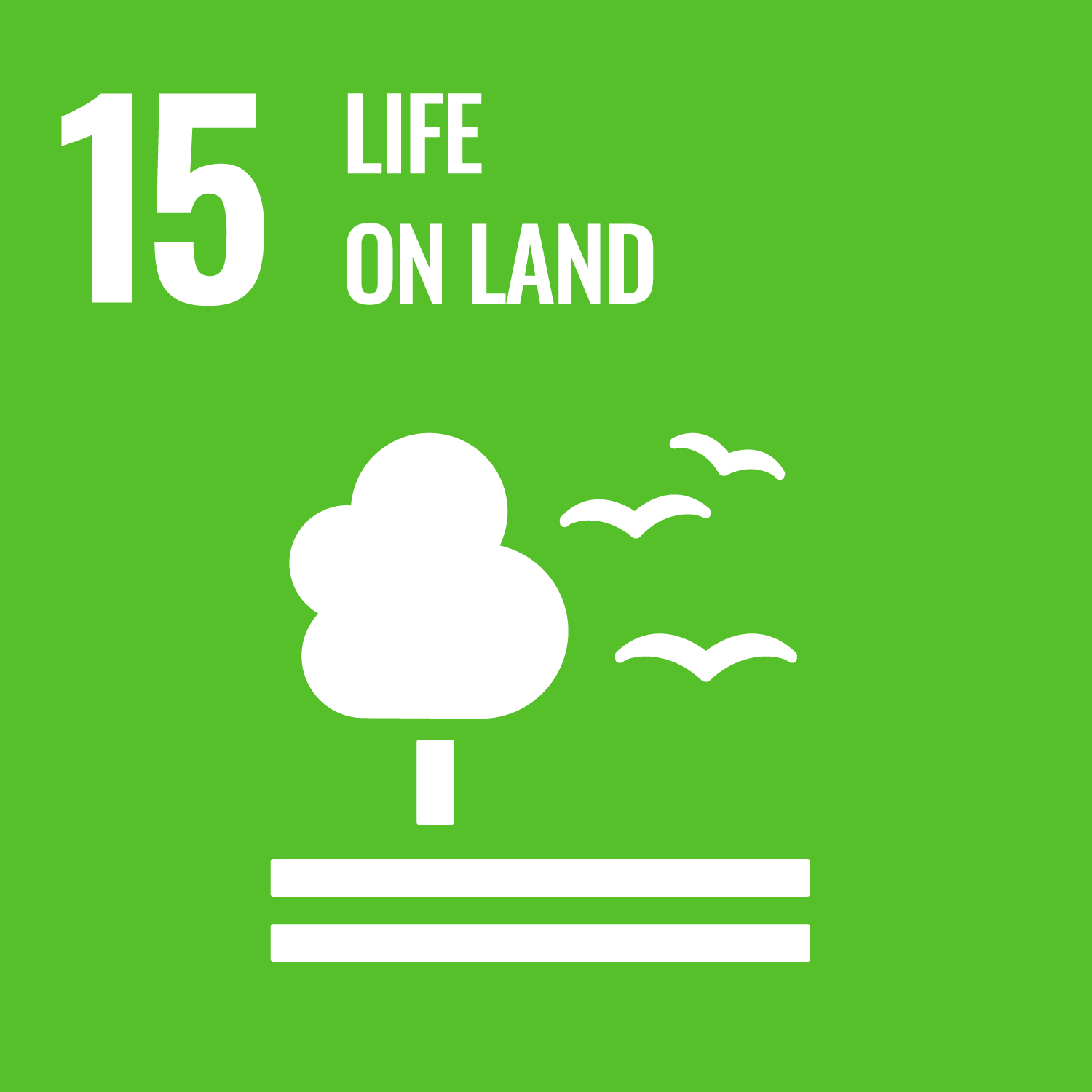Fundamental Experiments on Environmental Materials
This course aims to acquire knowledge and skills in geology and mineralogy in relation to material science. With an awareness
of the relationship between the earth's environment and humankind, students are asked to practice instrumental analysis, polishing
and microstructural observation, and obtaining and analyzing published data on metals, alloys, and minerals used as raw materials
and materials, and also learn how to analyze and visualize data using computers, and write and submit experimental reports.
Students will also learn how to communicate their knowledge and experience to others through the analysis and visualization
of data using computers, and the writing and submission of experimental reports.
Acquire basic experimental techniques and reporting skills in the Environmental Materials Engineering course. Understand the
relationship between materials and the environment from a geoscientific and materials science perspective through experiments
using techniques such as microstructural observation, smelting, characterization, and analysis of metals, minerals, and rocks
as the main subjects.
- Students will be able to acquire and practice the basic knowledge and skills of experiments in geology and mineralogy.
- Students are aware of the hazards and environmental impact of experiments and are able to act with consideration for the environment and safety.
- Students will be able to acquire and practice the principles, theory and techniques of various measurement and testing methods.
- Students will understand how to use computers to organize data and compile reports, and will be able to compile actual reports.
| Report | Total. | |
|---|---|---|
| 1. | 25% | 25% |
| 2. | 25% | 25% |
| 3. | 25% | 25% |
| 4. | 25% | 25% |
| Total. | 100% | - |
A report including the achievement objectives will be evaluated, and an overall score of 60% or more will be considered as
passing the course.
| Class schedule | HW assignments (Including preparation and review of the class.) | Amount of Time Required | |
|---|---|---|---|
| 1. | Guidance, safety training, and reporting guidelines | Read materials on experimental safety. | 100minutes |
| 2. | Experiments on the principles and applications of X-ray crystallography | Prepare the text. | 100minutes |
| Keep your data organized. | 100minutes | ||
| 3. | Crystal structure analysis of minerals and alloys | Prepare the text. | 100minutes |
| Organize data and prepare reports. | 100minutes | ||
| 4. | Crystal structure analysis of minerals and alloys | Prepare the text. | 100minutes |
| Keep your data organized. | 100minutes | ||
| 5. | Resources and materials (metal refining experiments) | Prepare the text. | 100minutes |
| Organize data and prepare reports. | 100minutes | ||
| 6. | Measurement of hardness and strength of metals and rocks | Prepare the text. | 100minutes |
| Keep your data organized. | 100minutes | ||
| 7. | Measurement of material hardness and wave propagation | Prepare the text. | 100minutes |
| Organize data and prepare reports. | 100minutes | ||
| 8. | Experiments on determination of mineral components in the environment | Prepare the text. | 100minutes |
| Keep your data organized. | 100minutes | ||
| 9. | Experiments for determination of toxic elements in the environment | Prepare the text. | 100minutes |
| Organize data and prepare reports. | 100minutes | ||
| 10. | Experiments on the principles and applications of spectrophotometry | Prepare the text. | 100minutes |
| Keep your data organized. | 100minutes | ||
| 11. | Spectroscopic measurements of minerals, salts, and organic materials | Prepare the text. | 100minutes |
| Organize data and prepare reports. | 100minutes | ||
| 12. | Microstructural observation of rocks and alloys | Prepare the text. | 100minutes |
| Keep your data organized. | 100minutes | ||
| 13. | Microstructure formation experiments on rocks and alloys | Prepare the text. | 100minutes |
| Organize data and prepare reports. | 100minutes | ||
| 14. | Final exam and commentary | Review of previous content. | 100minutes |
| Total. | - | - | 2600minutes |
| ways of feedback | specific contents about "Other" |
|---|---|
| 授業内と授業外でフィードバックを行います。 |
- After class during the period of the program, and on Tuesdays from 12:30-13:30 outside the period of the program (before the start of the second semester).
- Course that cultivates an ability for utilizing knowledge
- Course that cultivates a basic problem-solving skills
| Work experience | Work experience and relevance to the course content if applicable |
|---|---|
| N/A | N/A |


- 9.INDUSTRY, INNOVATION AND INFRASTRUCTURE
- 15.LIFE ON LAND
Last modified : Mon Jun 23 04:04:09 JST 2025
